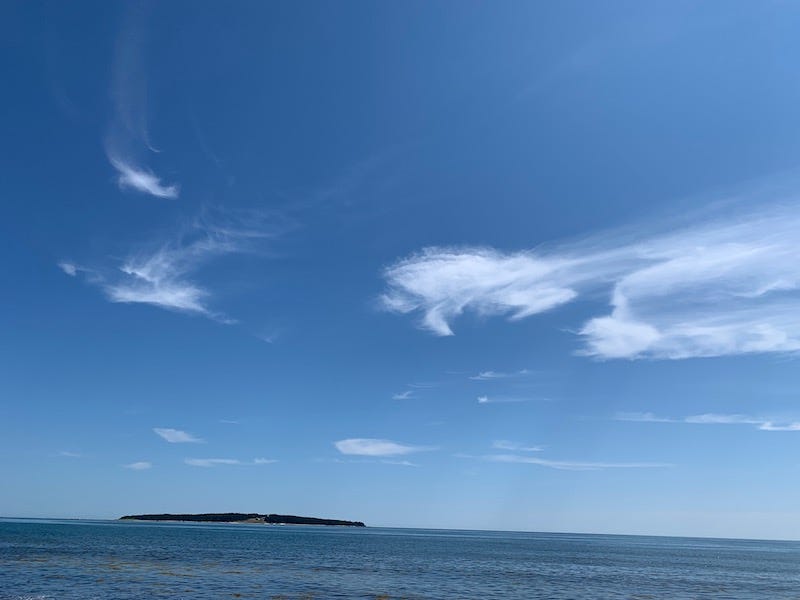Recently, the only file that contained revisions to my novel went missing. That might not sound as dire as it seemed, but I’ve been working on this novel for years. That one file contained months of changes and new additions, and it had somehow disappeared on my laptop. I burst into tears, shook fists a…
Keep reading with a 7-day free trial
Subscribe to Inside Reader to keep reading this post and get 7 days of free access to the full post archives.



